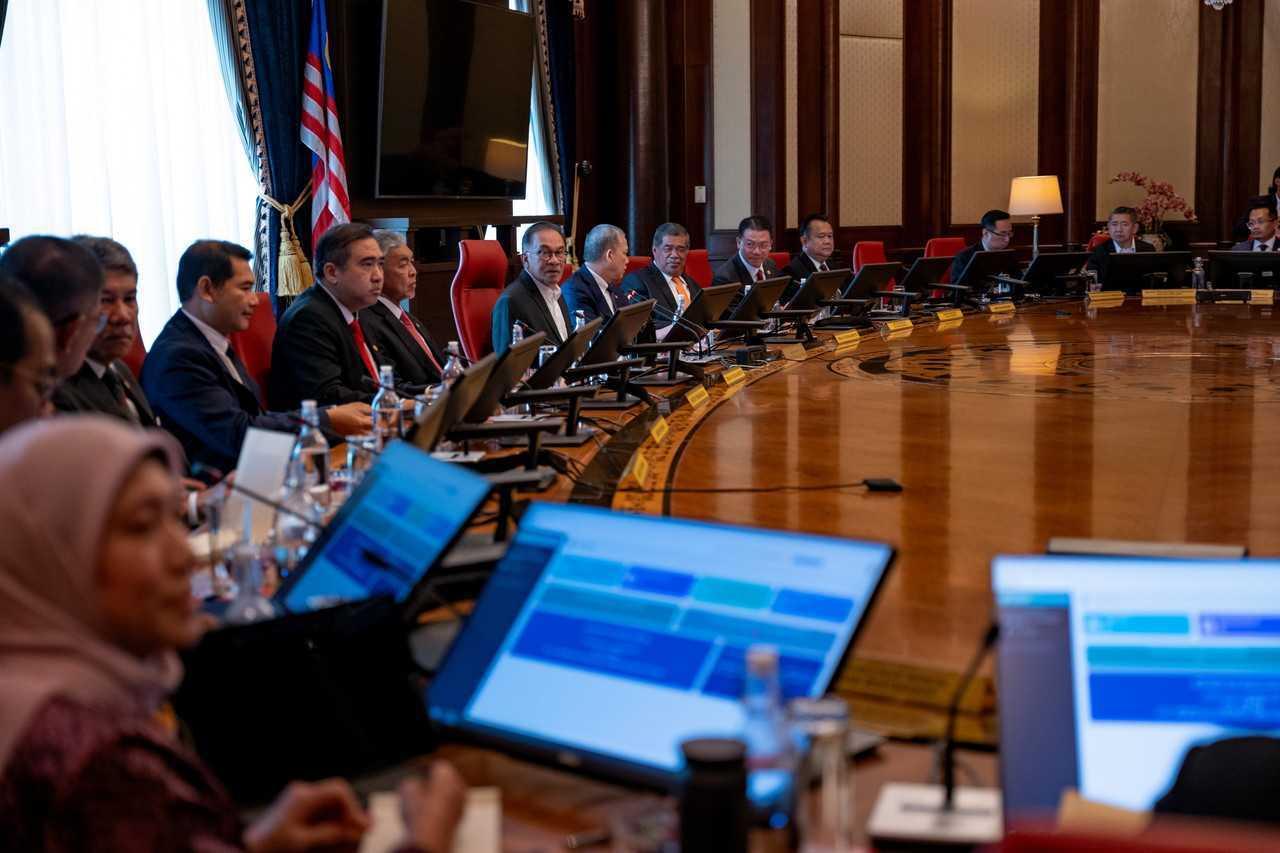Blanket dismissal of political appointees to provide 'clean slate' for more, say analysts
Analysts say it is difficult to completely eliminate the practice of political appointments, and that individuals named to lead GLCs should have at least a minimal level of competence and integrity.
Just In
The blanket dismissal of political appointees in government-linked companies (GLCs) earlier this month may see the vacancies filled by other individuals with similar connections, analysts say, indicating the challenges of completely eliminating the practice.
The decision to end the service of political appointees at statutory bodies, finance ministry companies and GLCs was made at a Cabinet meeting on Dec 14, with Chief Secretary to the Government Mohd Zuki Ali saying in a circular brief to ministry chief secretaries that the directive should be implemented without delay.
Nevertheless, the extent to which such bodies can be helmed by individuals completely free of political influence remains in question.
Former Machang MP Ahmad Jazlan Yaakub, for example, was reappointed as Felcra chairman in a move revealed just a day after the announcement on political appointees.
However, Prime Minister Anwar Ibrahim said on Dec 21 that Jazlan's reappointment, initially announced by his deputy Ahmad Zahid Hamidi, had been postponed.
He also said there had been confusion regarding political appointments at GLCs.
"I did not say that politicians cannot hold managerial positions, but they must be bound by certain conditions and must have qualifications in the field," he said.
He added that some politicians or MPs might be assigned but that the government would set the level of professional capabilities needed, and look into their past performance and compliance with regulatory and governance practices.
Analyst Oh Ei Sun from the Singapore Institute of International Affairs said many hoped that any political appointees under Anwar's administration would be more reformist in nature, given Pakatan Harapan's (PH) long fight for reforms.
"I frankly think that the blanket firing of previous GLC appointees was mainly meant to provide a clean slate, such that new, politically-related appointments can be made," he said.
"As PH has long advocated reforms and progressive policies, it can only be hoped that the PH political appointees will be more reform-minded and in general, less corrupt."
Concerns about corruption were renewed following the appointment of Umno president Zahid as one of two deputy prime ministers in Anwar's Cabinet.
Zahid, who is also chairman of Barisan Nasional, faces a string of corruption charges in court related to funds from charity outfit Yayasan Akalbudi.
His Cabinet appointment came despite previous disapproval by PH leaders of the inclusion of anyone from the so-called court cluster in government.
Oh said political appointees in general were "fine and to be expected".
"But they must have at least a minimal level of competence, professionalism and integrity," he added.
"If you look at 1MDB and some other GLCs, you tend to lose faith in the political appointments from previous administrations. It can only be hoped that the PH appointees can fulfil these main criteria."
Analyst Awang Azman Awang Pawi of Universiti Malaya meanwhile said that the practice of appointing individuals with political influence to high-ranking positions would be difficult to end.
Speaking to MalaysiaNow, he noted the grey nature of these appointments which are technically legal and do not amount to an offence under either the law or the constitution.
"It's just that these appointments should be based on academic qualifications and integrity, whether the individuals are people-friendly and capable of performing and having a better impact on the agencies they are appointed to," he said.
He added that every party leader who joined the administration led by Anwar would want to contribute through participation at various levels of government agencies.
For example, he said, someone who is not appointed as a deputy minister might be chosen to hold a position such as the chairman of a GLC such as Sime Darby, Felcra or Fama.
He said these posts were also held by other political leaders during their time in the federal government.
"On one hand, it is considered a form of political reward. But on the other hand, it is to ensure that the parties in the government can contribute more closely in the context of policy formation and implementation, and the monitoring of these agencies," he said.
Subscribe to our newsletter
To be updated with all the latest news and analyses daily.
